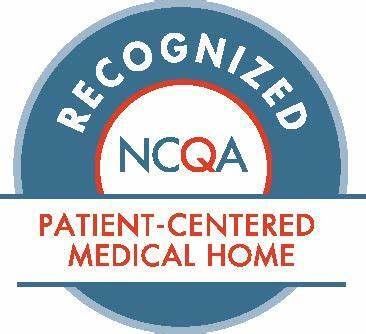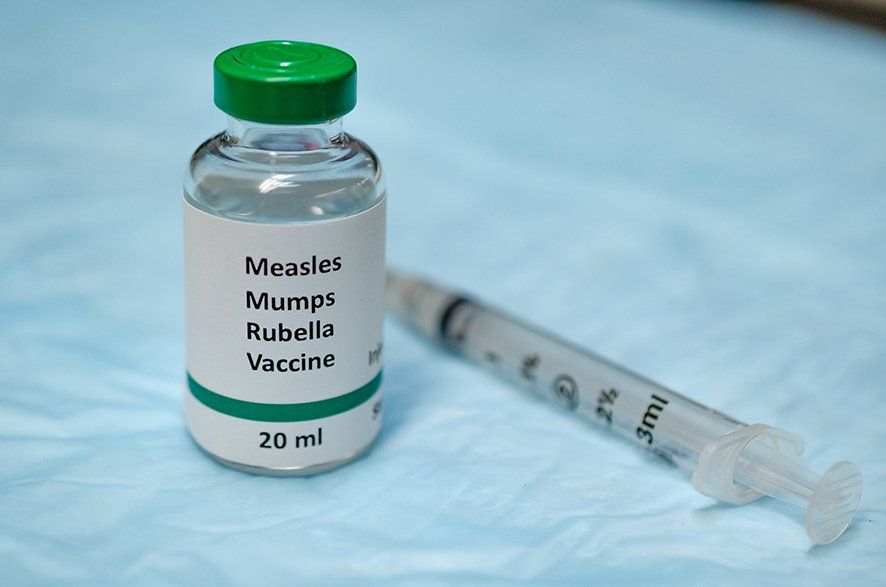Postpartum Depression: Frequently Asked Questions
Pregnancy and childbirth are life-changing experiences for a new mom, whether this is her first child or she has several other little ones at home. An estimated 70 to 80 percent of new moms suffer from the baby blues, a mixture of exhaustion, sadness, and an overwhelming feeling that lasts for a couple of weeks. However, what if a new mom feels more than a little down and her symptoms don't resolve with time?
Approximately 10 to 20 percent of women suffer from PPD, or postpartum depression, after giving birth. Here are the answers to a few frequently asked questions about postpartum depression.
What Is the Difference Between Baby Blues and Postpartum Depression?
During pregnancy, women produce an excess of certain hormones, including progesterone. Once the baby is born, these hormone levels drop dramatically, which when combined with the emotional and physical stress of having a new baby, can cause women to feel unsure of themselves, tired, and sad.
The baby blues typically begin within the first couple of days after birth and last no longer than two weeks. The symptoms improve with time as well. However, if a new mom doesn't begin to feel better with time or her symptoms worsen, the doctor might diagnose postpartum depression.
Here are a few of the most common symptoms associated with postpartum depression:
- Feeling of hopelessness
- Trouble sleeping or sleeping too much
- Lack of interest in activities that the new mom once found pleasurable
- Trouble concentrating
- Trouble with overeating or lack of appetite
- Severe mood swings
- Uncontrollable crying
- Trouble bonding with the new baby
- Thoughts of self-harm, harm to the baby, or suicide
New moms can also suffer from postpartum anxiety or postpartum obsessive-compulsive disorder, in addition to postpartum depression. Postpartum anxiety often has a feeling of anxiousness or nervousness. Moms with postpartum OCD feel an overwhelming compulsion to clean or perform other tasks or rituals.
What Should I Do If I Suspect I Have Postpartum Depression?
When the baby blues don't seem to get better or you feel worse, contact your doctor right away. Your doctor will perform a number of tests, including questionnaires, to determine if the cause of your symptoms is postpartum depression or you have another underlying medical cause of your symptoms.
For example, your doctor may perform a blood test to determine if an underactive thyroid has caused your symptoms.
Do not feel embarrassed about your symptoms for fear of feeling like a bad mother. Your doctor cannot diagnose postpartum depression or help create an effective treatment plan if you are not honest about how you feel. Remember, thousands of women each year deal with postpartum depression.
What Treatment Options Are Available?
Several treatment options and lifestyle changes exist that you can explore to help with the symptoms of postpartum depression. For example, your doctor may recommend therapy to help you deal with the stresses of being a new mom. Your therapist can help you find healthy and constructive ways to deal with your symptoms.
Talk to your doctor about the use of antidepressants to treat postpartum anxiety. Several prescription options are available, including medications that breastfeeding moms can safely use.
Finally, don't forget to take care of yourself while you care for your baby. Talk to your friends and family about your concerns. Ask for help with the baby and everyday chores. Call a friend if you feel overwhelmed. Get out of the house and see a movie or go for a walk. Join a support group for new moms.
Postpartum depression is a common issue that is diagnosable and treatable. Contact the professionals at NEON with all your questions and concerns.




